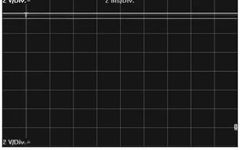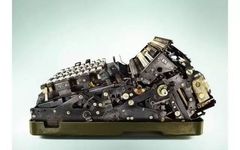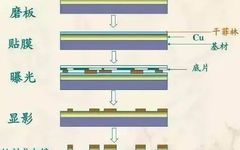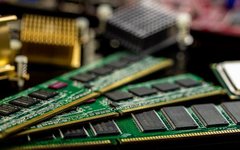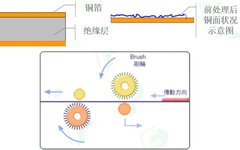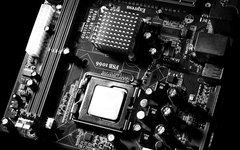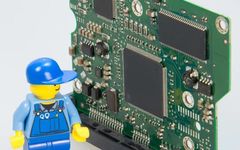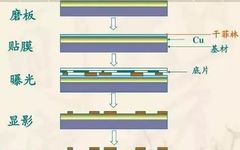Common CAN Bus Faults and Troubleshooting Methods – Part 2
5. Short Circuit of CAN L to Power (Positive) When a short circuit occurs between CAN L and the power (positive), due to the fault tolerance characteristics of the CAN bus, the entire CAN network may be unable to communicate or generate related fault codes. Because of the short circuit of CAN L to the … Read more
